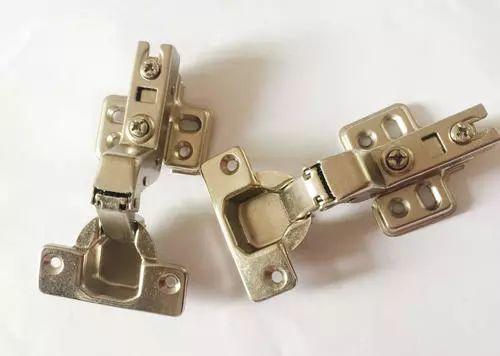3、句式:① will/shall 动原 (shall—I、we )---肯定句,接下来我们就来聊聊关于一般将来时正确形式?以下内容大家不妨参考一二希望能帮到您!

一般将来时正确形式
3、句式:
① will/shall 动原 (shall—I、we )---肯定句。
a: 否定句:will/shall not
例:Lucy will not buy a computer .
( will not --–won’t shall not --- shan’t )
b: 一般问句:
will/shall 提前 (I、we变成you时,shall变成will)
回答:Yes, sb will/shall . No, sb will/shall not . (shall—I、we )名问代答
例:We shall learn computes next week . ----Will you learn computes next week ?
Yes , we will/shall . No , we will/ shall not .
//Tom will go camping on Sunday . Will Tom go camping on Sunday ?
Yes , he will . No , he won’t .
② be going to 动原 (be → am / is / are)
a : 否定句:be not
例:She is not going to see a film tonight .
b: 一般问句:
be 提前,一变二,二变一。
回答:Yes , sb be . / No , sb be not . 名问代答
例:Lucy is going to visit the old man next Saturday .
Is Lucy going to visit the old man next Saturday ? Yes, she is . No, she isn’t .
4、There be 句型的一般将来时。
① There will be … 译为“将有。。。
例:There will be a meeting tomorrow .
② There is /are going to be … 译为“将有。。。
例:There is going to be a meeting tomorrow .
(上述的be不可以改为have。)
5、在状语从句中,如时间(when、while、before、after、until。。。)、条件(if)从句中,要用一般现在时替代一般将来时。
例:If I have time tomorrow , I will come . : 如果我明天有时间,我会来。
He will come when he knows the fact (真相) : 当他知道真相,他会来。
After she comes back , I will call you . : 她回来后我会给你打电话。
6、与其它时态的互换:
He often plays football on Sunday . (tomorrow)
He will play football tomorrow . // He is going to play football tomorrow .
,




